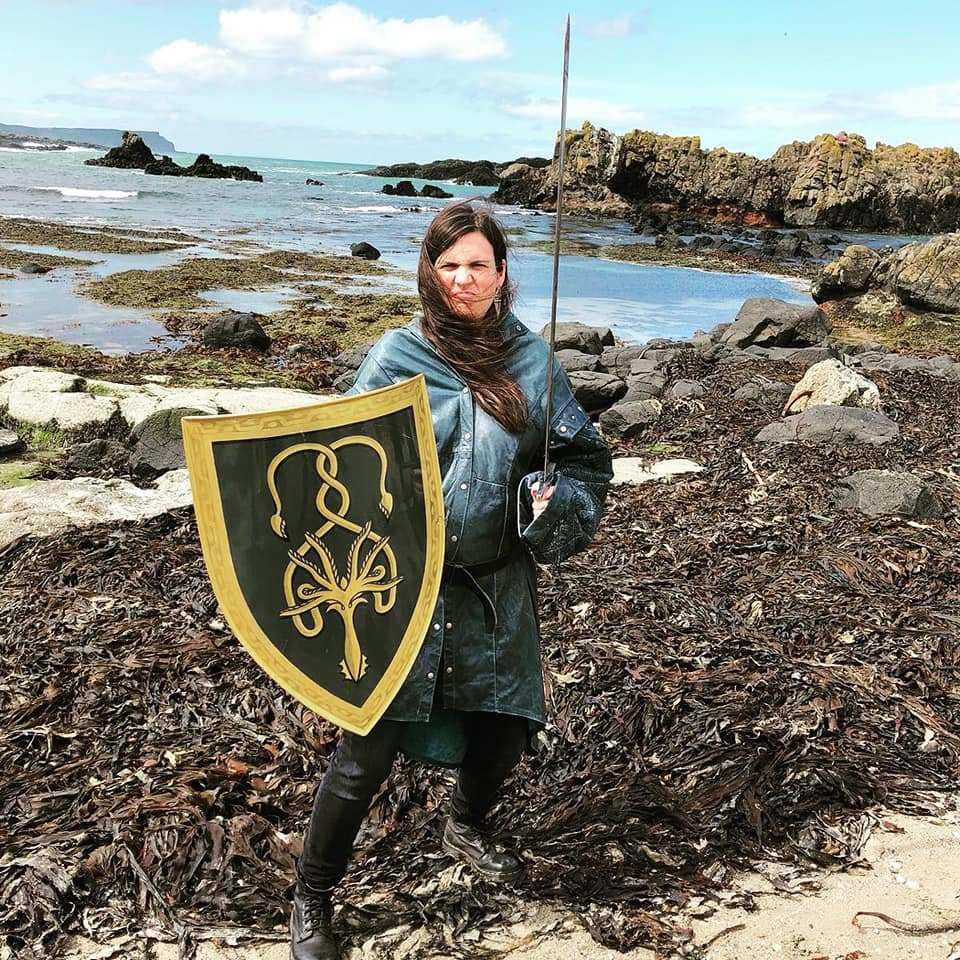The Top 3 Worst Questions I've Been Asked As A Parent
There's something about being pregnant, or having small children, that causes people to think its perfectly acceptable to ask inappropriate questions. Here's the worst three I've been asked in my time;
1. Wow, you're so big - is it twins?
With both of my pregnancies I got asked this a lot, and it was always very unwelcome. Now when I look back I probably overreacted a bit but I was so fed up, especially with my first pregnancy. I was overdue, it was summer, I was miserable and incredibly cranky. I got really annoyed with an elderly gentlemen for this comment in the supermarket but seriously; don't comment on people's size ever - even when they are pregnant. Maybe especially so. If you say we look big we worry that the baby is too big, and giving birth is scary enough without contemplating a giant monster baby exiting your lady hole. If you say we look small that's also a worry; we will worry the baby isn't growing properly. So the best way to comment on a pregnant person's size is simply - don't. When I got home and ranted to my husband about it he said, "he didn't mean it as a bad thing - you are big. You're nine months pregnant, you're supposed to be. Its not like he's saying you're fat." But it was my body he was commenting on, I already felt huge (I really was!), and I didn't need a stranger to remind me how massive and uncomfortable I was. And of course it wasn't twins; despite my massive girth I was pretty confident there was just the one in there.
2. Do they not make dummies anymore?
We were on a plane to Tenerife for my husband's 30th birthday with baby Francis, who was nearly six months old. Take off was surprisingly fine. I'd researched how to avoid ear popping, I'd packed a new book and toys, and was still breastfeeding so he had an unlimited food supply on hand. But four and a half hours is a long time for an infant, and by the end of the flight I was pacing up and down the aisle with him. It was hot, airplane air is so dry, and baby Francis hadn't napped and was very cranky. So whilst I was pacing up and down with a crying baby a passenger asked me 'do they not do dummies anymore then?' I just laughed politely and kind of shrugged, but it was quite rude and incredibly unhelpful. Dummies are a lifesaver for many parents, and how I wish I'd had one on that plane, but we'd made the choice to not give Frank a dummy past about three months old, because he started spitting it out at night and waking us up anyway, and once it had outgrown it's usefulness at night we wanted to get rid before he became too attached. For parents who don't use one at all - fair play, because you can't deny that they aren't great for teeth or speech, as a multitude of studies back up. A different passenger then boldly asserted that Spanish children don't cry, and although I haven't done any extensive research on this I'm pretty sure that's nonsense. And telling a clearly stressed parent about this random (false) claim on the meekness of Spanish babies isn't going to quiet my own baby. Alas - he didn't seem to notice we'd entered Spanish air space and simmer himself down accordingly. Thank goodness for the lovely lady behind us who fashioned a rattle out of the empty wine bottle and some peanuts; he played with that garbage toy for about 45 minutes, which is 40 minutes longer than the new toy I'd bought him. Be like the wine lady, always.
3. Are you going to try for a girl?
asking a Dad if he wants another kid but he knows they can't have more children. It's a deeply personal question and one that can cause real pain. And it also puts the recipient in an awkward spot where they have to decide in a moment whether to lie and say something non-committal, or open up to a stranger or colleague and say 'yes we desperately want another child but we are having trouble conceiving'. If you aren't sure on someone's situation - don't ask them. As we have two boys we get asked a lot if we plan to 'try for a girl' and it pisses me off. It implies that we were disappointed not to get one of each (which we weren't). It implies that a third healthy boy would be a further disappointment (it wouldn't). It's not OK to assume that the choice to have more children would ever be motivated by the sex of the child, or that the baby would be any less loved because we 'already have' boys.
